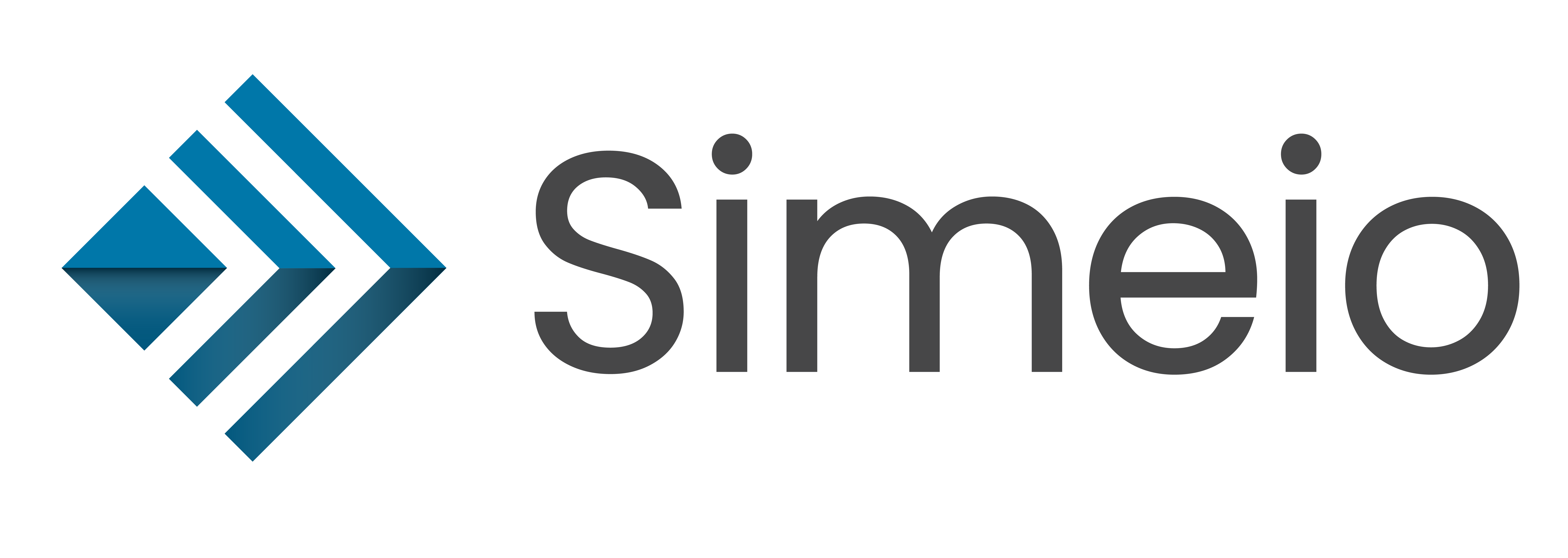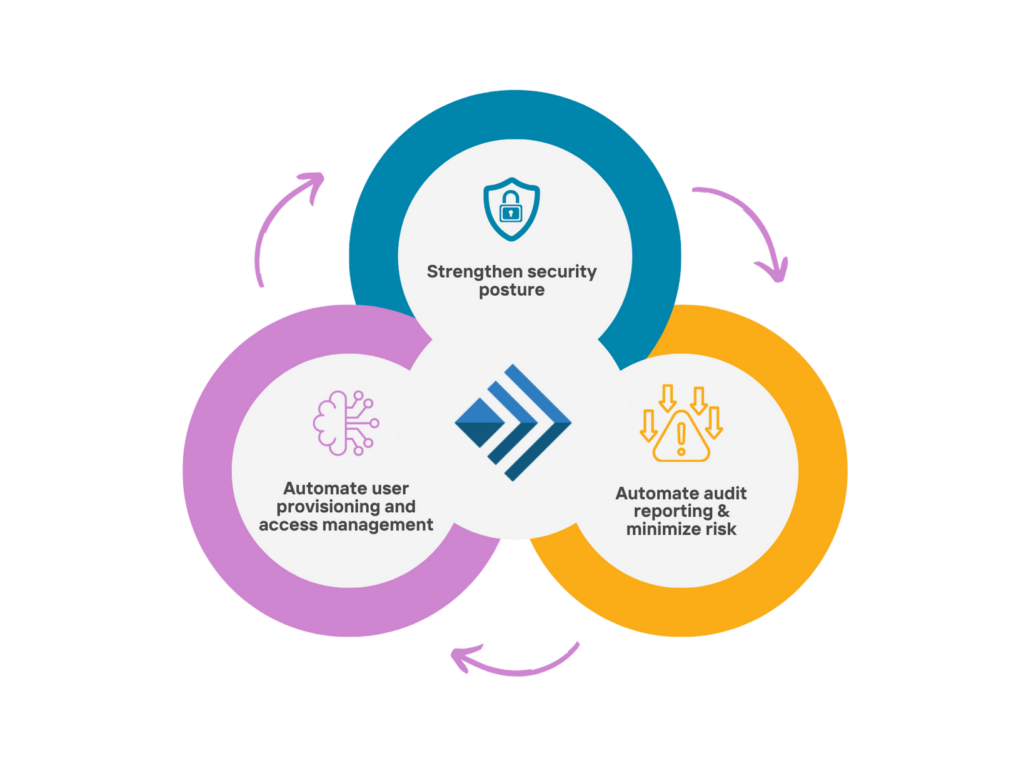
In a seismic wake-up call to the cybersecurity landscape, MGM Resorts International and Caesars Entertainment recently grappled with a massive security breach resulting in operational issues at all their resorts. Masterminded through a social engineering exploit, the attack targeted inherent design deficiencies in Okta’s platform. Thus these vulnerabilities allowed the hackers to access Okta tenants and, from there, launch a ransomware attack. The intricacies of the breach serve as a teachable moment for identity threat detection and response and the value of managed identity security services.
This article examines the pivotal role of continuous identity security management in cybersecurity. Moreover, it explores an often-overlooked realm of tertiary identity issues, highlights the emerging risks for CISOs, and underscores potential financial implications, making a compelling case for investing in managed identity security services.
Unearthing the MGM Breach Attack Path
The attackers spearheaded their attack through a meticulously crafted social engineering campaign to gain access to Okta. This widely-adopted cloud-based identity & authentication solution protects the digital front door to the client’s enterprise applications and data. Okta and MGM have been public about how the solutions are adopted.
Okta recently suffered a similar breach where its third-party help desk service providers’ privileged access was compromised to gain unauthorized access to Okta customer tenants and data. Reports and statements suggest that, upon gaining admin access into Okta, Okta’s AD sync capability was compromised using capabilities inherently present in Okta. This allowed for password sniffing, where the attackers were able to identify and capture password events between Okta in the cloud and MGM AD on MGM data centers. Afterwards, the attackers captured more administrative privileges across the organization. Finally, this allowed them to move laterally to implement a ransomware attack.
In response, MGM appears to have shut down connectivity from its on-premise AD sync to Okta in the cloud. This resulted in a number of application authentication issues. In turn, this resulted in widespread operational problems from check ins, room access, and slot machine usage. At its core, the breach exploited a design flaw within Okta’s SSO system through a simple social engineered attack resulting in significant impact.
Managed Identity Security Services: Securing the Identity Perimeter
The MGM and Caesars breach lays bare the undeniable importance of managed identity security services. These digital guardians not only safeguard against Okta-related vulnerabilities but also a number of other crucial identity solutions areas and address an array of identity issues. Identity security operations centers (SOCs), are fortified with:
- Identity Controls Monitoring: Employing cutting-edge threat detection and monitoring systems, Identity SOCs remain poised to detect suspicious activities in real-time. Thus they ensure early breach detection, technology misconfiguration and mitigation.
- Incident Remediation: In the event of a breach or a misconfiguration that could result in a breach, Identity SOCs unleash meticulously orchestrated incident response plans across the IAM architecture spanning multiple tools, minimizing damage and expediting recovery through forensic analysis.
- Identity Security Posture Management & Intelligence: Identity SOCs wield threat intelligence as a beacon to illuminate the evolving threat landscape, empowering organizations to proactively manage vulnerabilities.
- Thwarting Privilege Escalation: By scrutinizing user behavior patterns, Identity SOCs are adept at spotting and thwarting privilege escalation attempts, substantially curtailing lateral movement within networks.
Navigating the Realm of Tertiary Identity Issues Through Managed Identity Security Services
Beyond immediate breach response, the MGM and Caesars incident unravels a profound and often overlooked realm—tertiary identity issues. These present CISOs with new risks to navigate:
- Vendor Vulnerabilities: As organizations lean on third-party vendors, they inadvertently introduce additional identity-related vulnerabilities. Insufficient vendor risk management can expose an organization to considerable risks.
- Shadow IT Security: The unauthorized or unmanaged use of identity-related tools and services within an organization creates an obscure landscape that threatens security. Gaining visibility into and control over shadow IT are critical.
- IoT’s Expanding Footprint: The proliferation of IoT devices adds layers of complexity to identity security. Organizations must establish robust access controls and secure IoT endpoints to mitigate risks.
- Hybrid and Multi-Cloud Complexity: In an age of hybrid and multi-cloud environments, managing identities across diverse platforms becomes an intricate task. Identity Security services offer a unified approach to tackle this burgeoning complexity.
The True Costs of Cyber Vulnerability: An Appeal to CFOs
Chief Financial Officers (CFOs) would be remiss to overlook the financial implications of cyber vulnerability. Beyond the immediate costs of breach remediation and potential regulatory fines, they must recognize the following:
- Reputation Damage: A cyber breach tarnishes an organization’s reputation, leading to loss of customer trust and decreased revenue.
- Litigation and Legal Costs: The legal repercussions of a breach can be astronomical, including class-action lawsuits, settlements, and regulatory fines.
- Operational Disruption: Breaches disrupt operations, resulting in lost productivity, revenue, and increased costs for recovery.
- Long-Term Financial Impact: The fallout from a breach can have a lasting impact on an organization’s financial health. For instance, negatively affecting stock prices and credit ratings.
The Value of Managed Identity Security Services
Identity and access management form the cornerstone of business operations. Recognizing potential risks and taking proactive security measures is no longer optional. Identity SOCs epitomize the proactive stance required, offering continuous monitoring, rapid incident response, and tailored security solutions.
The MGM and Caesars breach serves as a vivid illustration of our interconnected world’s vulnerability. Yet, it also reminds us that we possess the knowledge and tools to fortify our defenses. CISOs and CFOs must embrace this knowledge. This means acknowledging the true costs of cyber vulnerability, and invest in safeguarding their organizations’ digital fortresses.
The journey to robust identity security is an ongoing quest. Understand identity SOCs, tertiary identity issues, and the far-reaching financial implications. Only then can we can collectively shape a safer, more secure digital future.
Contact an Identity Advisor now and learn how Simeio can craft your bespoke managed identity security service.

